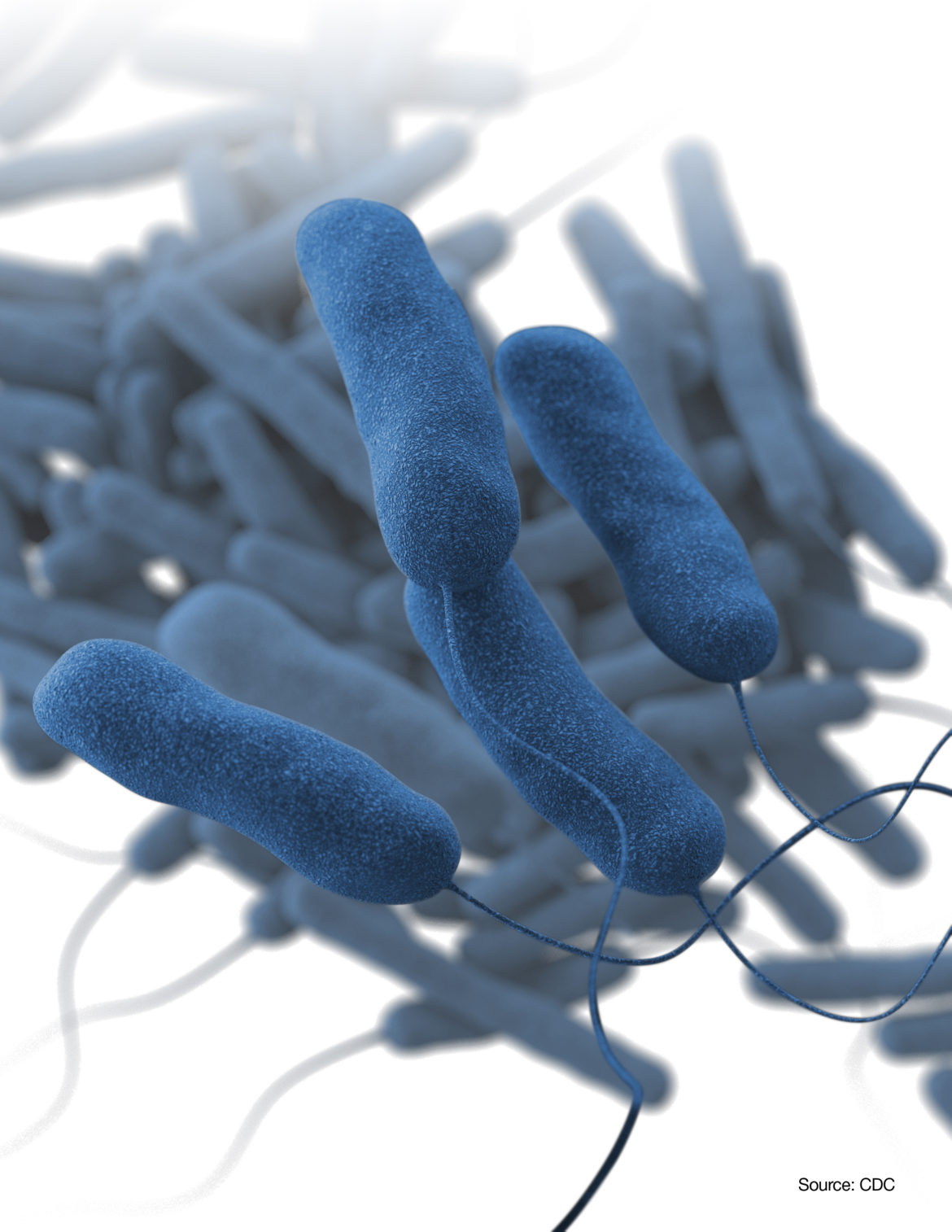The state Department of Health and Human Services said there are now a total of seven people who were sickened with Legionnaire’s disease linked to a cooling tower in Lincoln.
Three are New Hampshire residents and four are out-of-state residents and six of the individuals were initially hospitalized and have since been discharged.
Testing conducted by the New Hampshire Department of Health and Human Services, Division of Public Health Services (DPHS) and the New Hampshire Department of Environmental Services (NHDES) has confirmed that remediation efforts to eliminate Legionella bacteria in a cooling tower in Lincoln, New Hampshire were successful. There is no longer an elevated risk of Legionella infection from the cooling tower.
The cooling tower, which is located behind the RiverWalk Resort in the downtown area of Lincoln, underwent a thorough cleaning and disinfection process on August 12, and DHHS and NHDES collected water samples for testing afterwards. Test results, which were received today, confirm the effectiveness of the facility’s cleaning and disinfection process with negative results for Legionella. RiverWalk continues to partner with DHHS and NHDES on a water management plan to prevent future contamination or bacterial re-growth.
To date, DHHS has identified seven people who have been confirmed to have Legionnaire’s disease, a pneumonia caused by inhaling water droplets contaminated with Legionella bacteria, after visiting an area in downtown Lincoln in June and July. The Department continues to investigate any other diagnoses with a potential link to this specific area.
“The negative test results received today are good news and demonstrate the effectiveness of the cleaning and disinfection of the cooling tower,” said Dr. Benjamin Chan, New Hampshire State Epidemiologist. “Therefore, we do not believe there is currently elevated risk for Legionella infection from this cooling tower, and we will continue to monitor and work with the facility to ensure an appropriate management plan is in place to prevent future contamination or re-growth of the bacteria.”
Legionella are naturally occurring environmental bacteria that can grow in water systems and infect people who breathe in contaminated water droplets from showers, hot tubs, faucets, cooling towers, misters, and decorative fountains. Fortunately, businesses and individuals can take steps to reduce the risk of contamination in their water systems.
If you have questions about this investigation or Legionnaire’s disease, please call DPHS at 603-271-4496. For more information about Legionella, please visit the DHHS Waterborne Disease.
Legionella are naturally occurring environmental bacteria that can grow in water systems and infect people who breathe in contaminated water droplets from showers, hot tubs, faucets, cooling towers, misters, and decorative fountains. Fortunately, businesses and individuals can take steps to reduce the risk of contamination in their water systems.
If you have questions about this investigation or Legionnaire’s disease, please call DPHS at 603-271-4496. For more information about Legionella, please visit the DHHS Waterborne Disease webpage or the CDC webpage.





